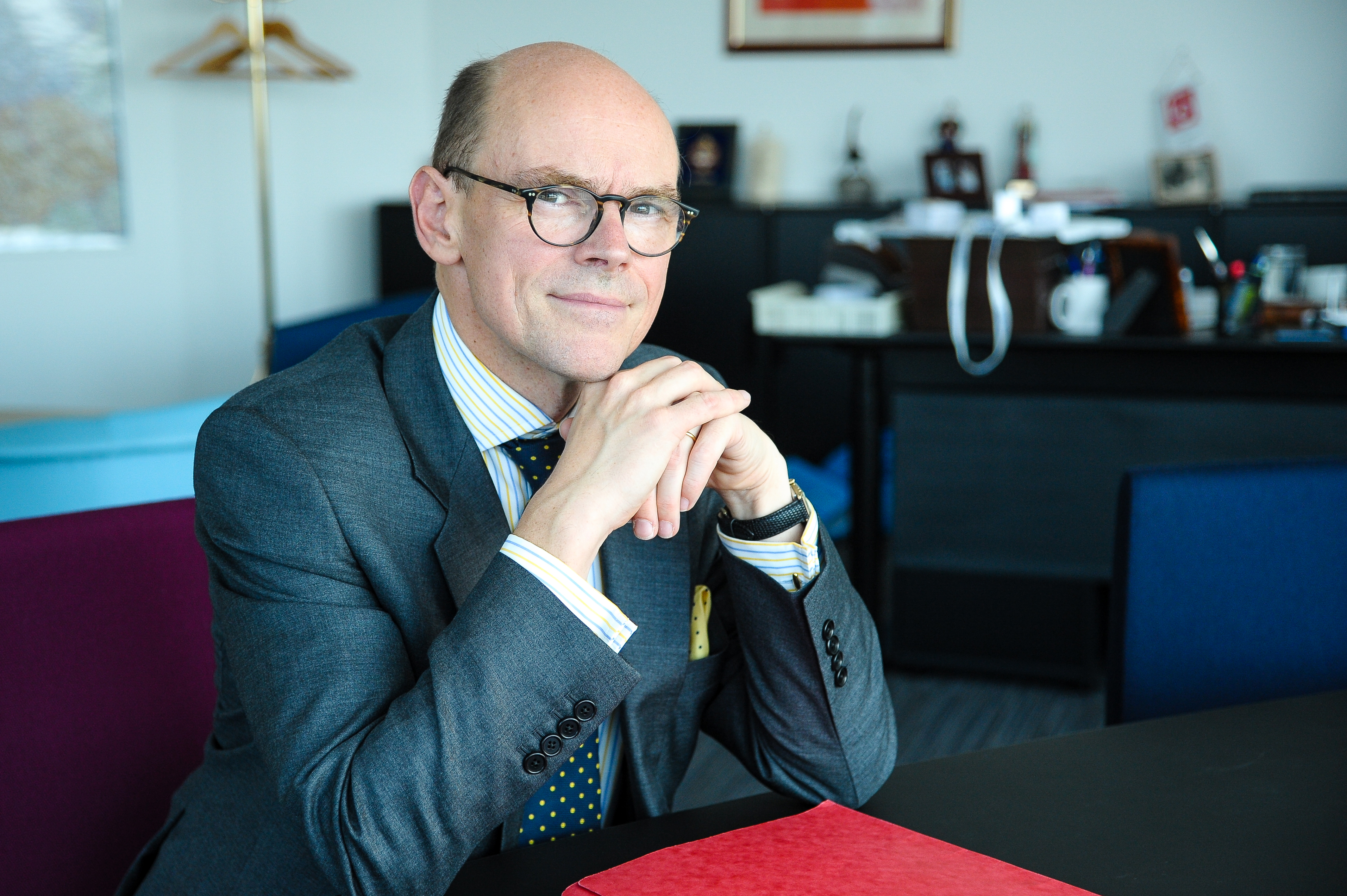In the past two years, Diplomacy&Commerce magazine has given to its readers abundance of news from politics, business and culture, has reported on the opinions of relevant stakeholders both from Serbia and abroad, covering all segments of life, and opened up topics that were not written or talked about enough. With its latest issue, Diplomacy&Commerce is celebrating its second anniversary in Serbia. We are very proud of the fact that, in two years and 24 issues, we have managed to interview the leaders of the Serbian political, business and diplomatic community, as well as the renowned regional and the global public figures. In these past 24 issues, we have also published special supplements dedicated to overall relations between Serbia and European and world countries.

We have asked Serbian officials – Serbian PM, government ministers, ambassadors and representatives of business associations in Serbia – to give us their opinions about the most important changes that Serbia should make in order to become an EU member, and about the investment climate in the West Balkan region.
1. What do you think are essentially the most important changes that Serbia should make in order to be ready for EU membership by 2025?
-
Do Serbia and the Western Balkans have enough capacity to attract large multi-nation companies to their markets?
1 What is seen as important by some may seem less important to others, but the most difficult task will probably be to change the way public administration in a broad sense functions. Although the reforms undertaken and underway are quite impressive, there is still some way to go concerning transparency, fair and efficient public procurement, predictability based on laws, bylaws and court decision, abolishing subsidies and privileges enjoyed by some companies, the grey economy etc. This is not only necessary for EU membership, but for sustainable economic growth. Then, of course, Serbia should bear in mind that every EU country has a veto on accepting a new member. Membership is not only about fulfilling the formal conditions for membership. Neither is it only about normalising relationship with neighbouring countries. It is also about being a trusted part of a tightly knitted family of nations. You respect common policies, avoid raising tensions with other member states and non-aligned or not you stand by them when they are facing external threats. I am afraid some statements by Serbian ministersare damaging Serbia’s prospects for membership by clearly having a very different approach to what EU membership means. Serbia will not be able to join such a closely-knit group as the EU without accepting that the other EU member states are your best and closest friends. EU is not an open marriage, and there is no place for a “it’s complicated” relationship within the EU family.
2. As far as I can see, it is already the case. Fiat-Chrysler and Siemens being but prominent examples. Earlier this month, a Norwegian telemarketing company Novicom just moved into their new and bigger premises as they are expanding their businesses and opening new work places. This proves that Serbia has great potential to lure foreign investors in different fields. Investment and products follow money and business opportunities, but stability shouldn’t be underestimated as a factor. For Serbia, EU membership will certainly attract both investors and increase the number of products you can find on the market.